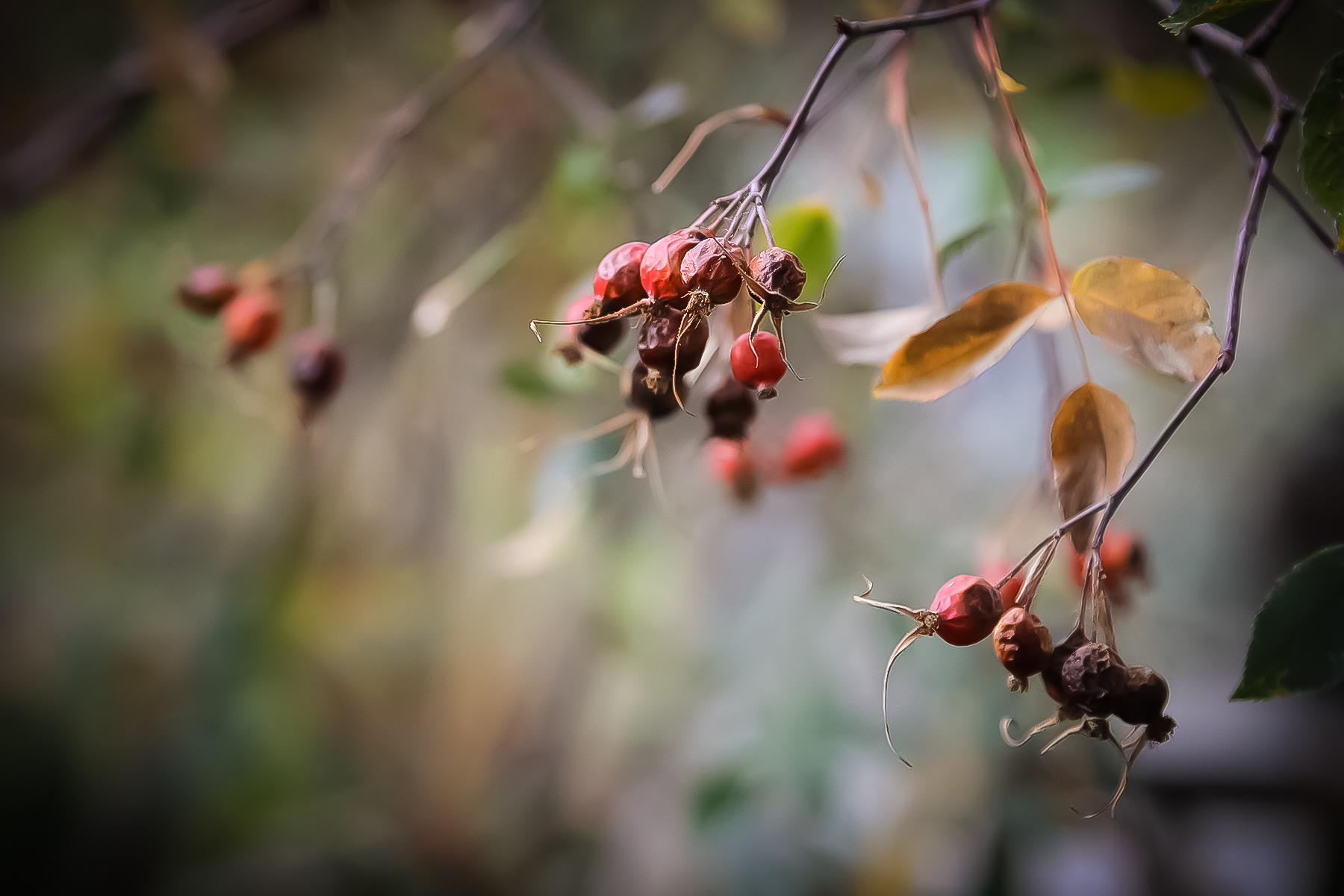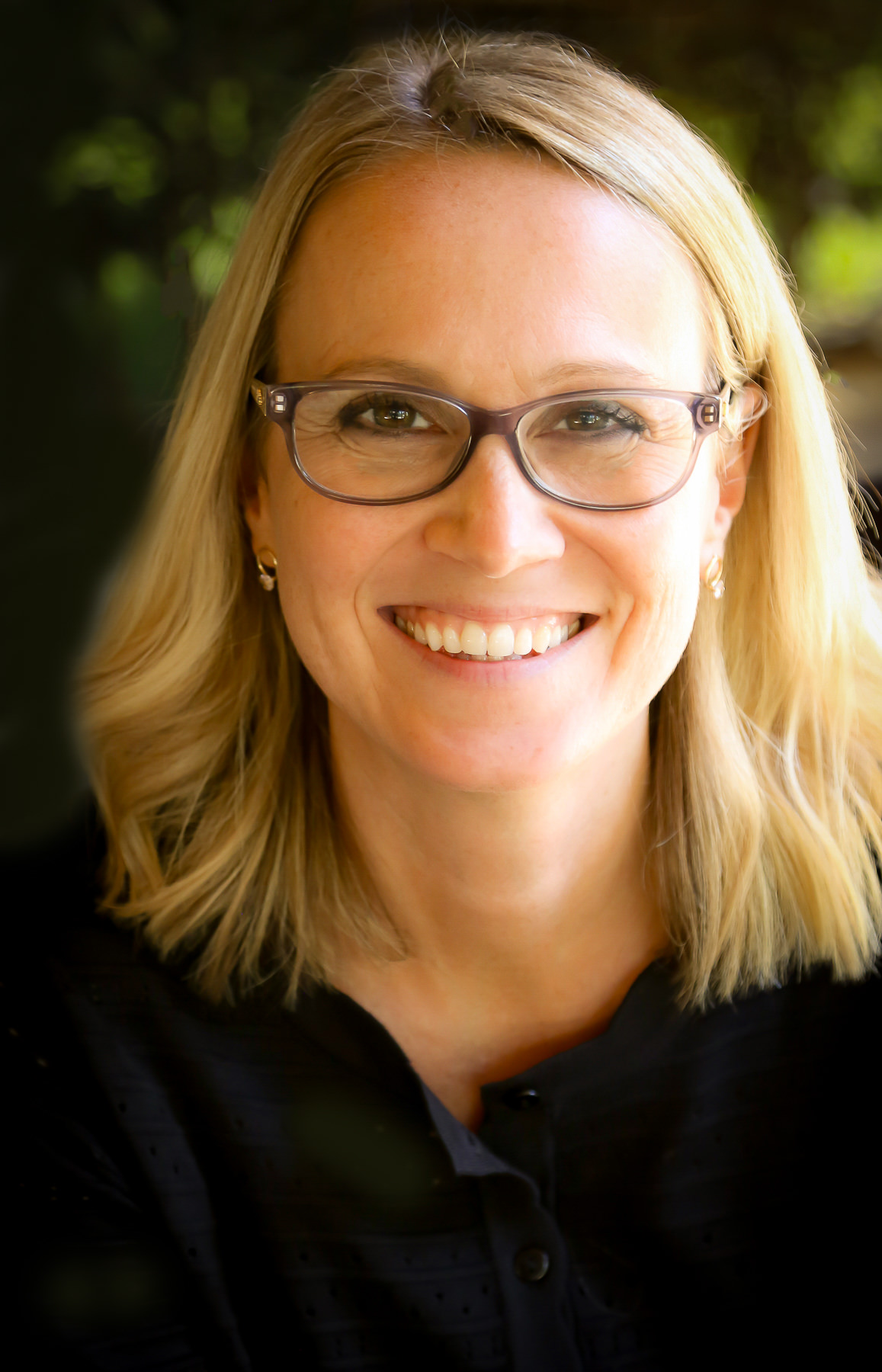Cultivating Presence is dedicated to the intentional practice of its title – cultivating presence. Each of us has wild, untamed places within us driving us to isolation and tempting us to despair, yet our truest story is one of wholehearted connection. Here we will explore everything from spiritual disciplines to setting proper boundaries to recovery from trauma and addiction – all for the purpose of helping us live more deeply attached lives, present and available with God, one another, and ourselves.
![]()
“My presence will go with you, and I will give you rest.”
Exodus 33:14 (ESV)
Clinging to my crumpled comforter, I still myself to the rising and falling of my breath, barely audible as if I were hiding from an intruder. My body feels rigid, yet fragile, like I’m suddenly made of glass. I’ve been here before, staring down this invisible enemy that threatens my sanity, my peace, my sense of safety. There is no intruder, and I know it. But this is more a terror than a comfort. The real enemy seems to be inside of me – a panic that hijacks my body when I’m not even looking.
These moments eventually pass, but that doesn’t make them any more tolerable. This kind of anxiety isn’t merely a worry problem (and oh how frustrating it is when people think so). No, this is a face-to-face showdown with the wild places inside my soul. Wild places that are not easily tamed by popularized Bible tropes and cheerful thinking. Wild places that make me want to outrun my own body.
We all have them. It may not be panic or anxiety; it may be shame, trauma, addiction, unforgiveness, abuse, bitterness, fear… each of us has wild places that drive us to isolation and tempt us to despair. Places that convince us we are totally alone.
In times of panic, when my bed turns into the side of a cliff and my crumpled comforter is all that’s tethering me to reality, I feel helplessly and terrifyingly and utterly alone.
It is not good for man to be alone. God’s first heart cry reverberates through every page of the Bible until the very end when the prophet shouts, “Look! God’s dwelling place is now among the people, and He will dwell with them.” Creation drew its first breaths from the generative and sustaining presence of a triune God, and it will come to fullness in a new garden city where God will dwell with us forever.
Our story begins and ends with presence. All of creation was birthed out of God’s desire for with-ness. Even now, in the already-but-not yet of the kingdom, God’s presence is as near as our very breath, umbilically connecting us to heaven as we inhabit the womb of the world.
We are never, for one second, alone.
It’s an extraordinary reality. But oh, how often the wild places steal our awareness of it. Instead of a deep sense of presence with God and others, we feel isolated, disconnected, even abandoned. We raise children, go to work, make dinner, attend events…yet in our deepest places, we live haunted by the fear we will be, in the end, all alone.
It is not good for man to be alone. We know this in our bones. Our bodies testify to how we were made. When we listen – really listen – to the thunder-beat of our aching hearts, isn’t it presence we long for? Someone to sit with us in the wild, unclaimed place?
Presence isn’t just a church word. It is the blood coursing through our veins. We were made for secure attachment, for the presence of another. We go unknown when there is no presence with us to bear witness to our pain or our joy. Our souls, like pages of a book, only come to fullness when they are read. Even our wild places. Especially the places we never want to crack open. Especially those.
Three years ago, we brought home a ninety-pound rescue dog from Qatar. Yes, the country. (One day, I’ll have to tell you the whole, wild story.) We named him Samwise Gamgee, hoping he would one day become our very own loyal companion. Sadly, Sam came to us with much more trauma than we could have ever prepared for. He was afraid of everything. The first few nights, he refused to leave the living room and spent hours growling into the air. We finally realized he was growling at the wind.
He was also terrified of my husband Ryan. Every time Ryan tried to approach him with the leash, Sam would bolt to the top of the stairs and stay there, unmoved. His inner conflict was obvious. On one hand, he was learning the leash often led to an enjoyable walk around the neighborhood. A part of him really wanted to go. On the other hand, his body held secrets of a past life we will never fully understand. Fear often got the best of him. Despite how badly he wanted a walk, Sam would stay firmly planted at the top of those stairs. No amount of cajoling from Ryan could convince him to budge.
As I’ve watched Sam over the years, I realize how very much alike we are. Our human bodies carry secrets, too. Secrets that send us into hiding. We are embarrassed by our own wild, uncultivated places, the broken parts of us that most need witnessing. So we run, hiding our addictions, our weaknesses, our truest selves, from the gaze of God and one another. We pretend we are better than we are. The more we hide from our own pain, the easier it becomes to turn away from another’s.
So we live untethered – from God, from others, and from ourselves. Then we spend our lives trying to grow accustomed to it. All of us, growling at the wind.
It is not good for man to be alone. As one musician laments, “alone is invention, lowbrow imagination built to shelter human shame.”[1]
We need a better imagination.
One of the greatest opportunities the Church has before her, I believe, is to embody God’s presence in the wild places, in the places where we feel most alone. In this in-between space, flanked by the beginning and ending of the story, God is here with us, embodied through His people. “The gospel is the declaration of the reality of Relationship,” [2] Curt Thompson reminds us. You and I are to be the very hands of Christ to those longing to come out of hiding – touching, holding, healing, mending, bearing witness to it all, especially those deepest places of hurt where so few are willing to go.
This kind of embodied presence does not come easily; it must be cultivated. And lately, I fear the Church in America is failing tragically in her mission. “We all have forgotten what we really are,” says G.K. Chesterton, “…and we forget that we have forgotten.” [3] The Church cannot bear witness to a God who dwells among us when we ourselves are living disconnected lives. To embody the presence of God to others, we have to experience that presence first for ourselves.
“The great illusion of leadership,” says Henri Nouwen, “is to think that man can be led out of the desert by someone who has never been there.” [4] I agree. So, we’re going to go there. In this space, Cultivating Presence, we will learn what it looks like to do just that – cultivate presence – to come out of hiding, to stand as witnesses to one another’s lives, and to heal something of the shattering we have all experienced. We’ll explore everything from spiritual practices and disciplines, to setting healthy boundaries, to recovering from addiction and trauma. It is my hope you and I can bear witness to some of our wild places – together.
Whenever Sam is frozen in fear at the top of the stairs, there’s only one thing I can do to get him moving again. I meet him at the top and travel down the wild path of carpeted steps, one by one, right alongside him. He’s been with us for three years, and there are some days he still needs me to meet him at the top of the stairs.
Dear Reader, we are not alone. I know sometimes it really feels like we are. When I’m blinded by anxiety, it’s hard to remember this. Perhaps it is for you, too. We feel most alone when we come to the edge of ourselves. Yet at this same edge we will find others, kneeling in the dark beside us, asking the same questions we are.
And God will meet us at the top of the stairs.
Book Recommendations:
- Inexpressible: Hesed and the Mystery of God’s Lovingkindness by Michael Card
- Anatomy of the Soul by Curt Thompson
- The Book of Common Courage by K.J. Ramsey
![]()
[1] Strahan, “Never Alone,” Vulnerability, 2019.
[2] Curt Thompson, Anatomy of the Soul: Surprising Connections Between Neuroscience and Spiritual Practices That Can Transform Your Life and Relationships, (Carol Stream, IL, 2010), 221.
[3] G.K. Chesterton, Orthodoxy, Centennial Ed. (Scotts Valley, CA: CreateSpace Independent Publishing Platform, 2016), 49.
[4] Henri Nouwen, The Wounded Healer: Ministry in a Contemporary Society, (New York: Doubleday Books, 1972).
The featured image, “Autumn Rose Hips,” is courtesy of Lancia E. Smith and is used with her glad permission for Cultivating.
Nicole Howe is a writer, speaker, Bible study teacher, wife, and homeschooling mama to four kiddos. She serves as editor and regular contributor for the quarterly publication, An Unexpected Journal and holds a Masters Degree in Cultural Apologetics from Houston Baptist University, where she discovered the power of the imagination to restore awe and wonder to her floundering faith. Drawing deep insights from her ordinary experiences, Nicole is passionate about helping others discover the Truth, Goodness, and Beauty of Christ in broken and unlikely places. When she’s not devouring books, Nicole loves singing, pretending to be a chef, and performing Improv at her local theater.
Leave a Reply
A Field Guide to Cultivating ~ Essentials to Cultivating a Whole Life, Rooted in Christ, and Flourishing in Fellowship
Enjoy our gift to you as our Welcome to Cultivating! Discover the purpose of The Cultivating Project, and how you might find a "What, you too?" experience here with this fellowship of makers!


Nicole,
You have me on tenterhooks here! Am I understanding rightly? Cultivating Presence will be a regular feature of the publication here on in?
I can hardly wait!
Yes, you are correct, Denise! Thank you for your enthusiasm – it is really encouraging. ❤️
Such depth and beauty in your words~ thank you for the invitation to lean into His relentless presence.
Looking forward to reading and engaging in the Cultivating Presence publication.